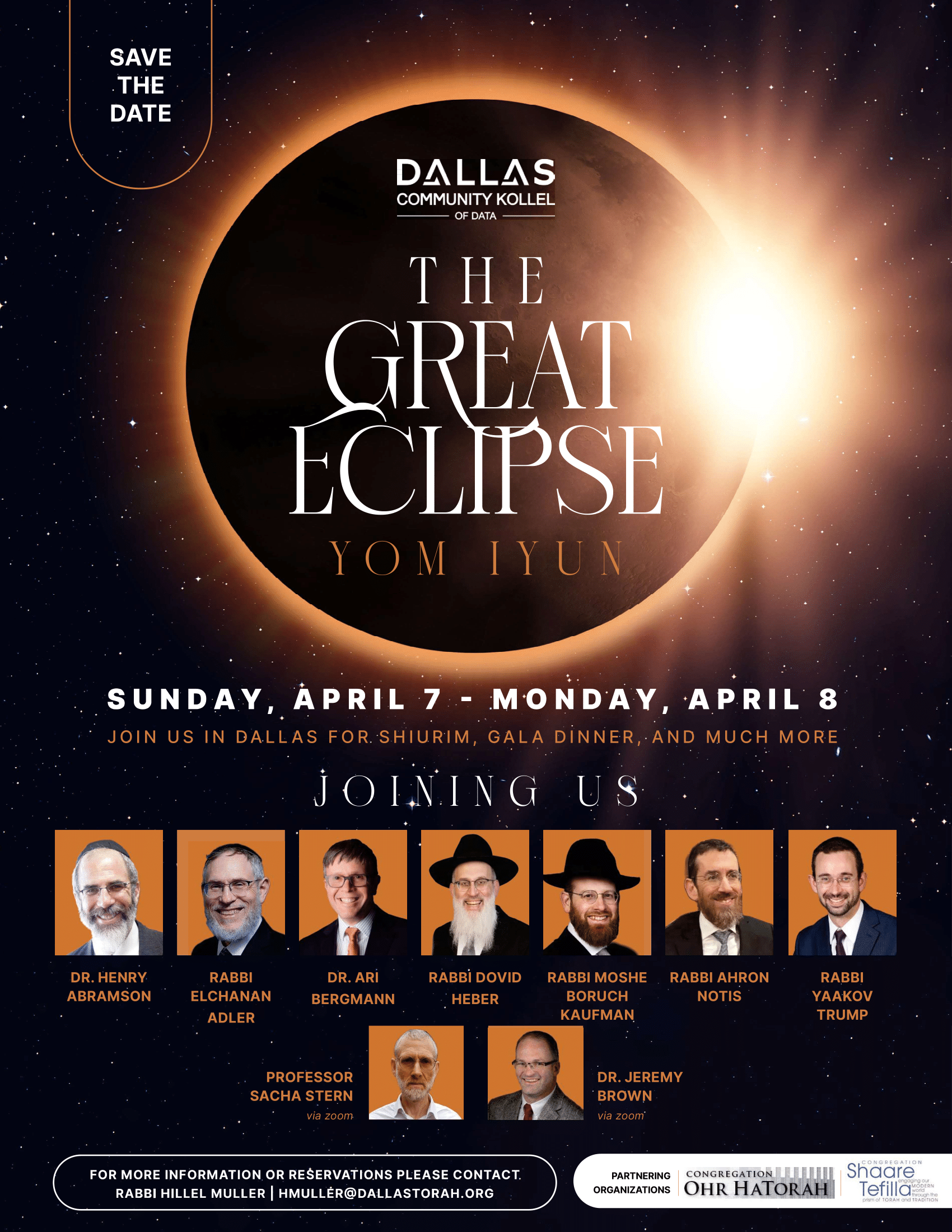It is surprising that your teacher would attribute the above ideas to mysticism. Though mysticism may elaborate on these concepts, the intrinsic holiness of the Torah, of the Land of Israel, and so on, are not reserved to mystical teachings. In fact, they are some of the most basic Jewish beliefs and do not depend at all on the Kabbalah.
The Mishna itself elaborates on the holiness of Israel, even assigning ten levels of holiness to various areas within Jerusalem.
Clearly, Maimonides himself believed in the intrinsic holiness of the Torah and the Jewish people, as is evidenced in references throughout his works on Jewish Law.
To read his writings and claim otherwise indicates a profound lack of understanding, not only of Maimonides, but of the Mishna, the Talmud and many fundamental Jewish texts and sources, and indeed, the Torah itself.
The Talmud itself often invokes the concept of gematria, or numerical values of Hebrew words, to derive both legal and philosophical concepts. This clearly shows the Talmud’s understanding is that Hebrew is a holy language carrying multiple levels of meaning, and even the numerical value of its letters and words is worthy of study.
It is well known that Maimonides was not well-versed in the teaching of Kabbalah in his earlier days. In those days teachers of Kabbalah as well as Kabbalistic texts were very rare, and unknown in many locales. Whether or not Maimonides, in his later days, became informed as to the authentic teachings of Kabbalah and thereby accepted these teachings once he properly understood them, has been a matter of great debate for generations. The jury is still out.
In practice, however, the question of Maimonides’ acceptance of Kabbalah is irrelevant to the above questions of intrinsic holiness of the Torah, etc, as mentioned above. That is a core Jewish belief which stems from the foundational Jewish sources as the Mishnah and Talmud and is evident throughout rabbinic literature.
In addition, even if, for argument’s sake, Maimonides in fact rejected the Kabbalistic tradition, the overwhelming majority of sages at his time and ever since have completely accepted that tradition. This is borne out, for example, by the venerated 16th century author of the Code of Jewish Law (Shulchan Aruch) Rabbi Yosef Karo. R’ Karo was one of the foremost students of Maimonides teachings and one whose works were, and are, widely accepted by all of Jewry worldwide as the “bottom line” of Jewish tradition and practice. R’ Karo, in his “Beit Yosef” (the foundation of Shulchan Aruch), quotes many Kabbalistic statements from the Zohar. The Kabbalistic system developed by his friend and colleague, R’ Yitzchak Luria, (the renowned Ari’zal) of Egypt and Safed, became the foundation for most Kabbalistic studies throughout the world. It was accepted by the leaders of Lithuanian, Chassidic and Sephardic Jewry, in short, all of world Jewry.
Even R’ Samson Raphael Hirsch who expounded a belief system which seems to use purely rational ideas bereft of mystical thoughts, wrote his “Horeb” and other works only after deeply consulting the Zohar and other Kabbalistic texts.
As to the essential accusation that to assign intrinsic holiness to objects or concepts such as Israel or the Hebrew language, it’s difficult for me to even understand the question. It is one of the core foundations of Judaism that much of our Jewish lives are spent in the effort to sanctify and elevate the mundane to a state of holiness. This applies to ourselves, to sanctify ourselves, as much as it applies to the world around us. G-d requires us to infuse G-dliness into the world and into our lives. It is beyond the scope of this column to discuss this concept at length, but I recommend you study it in the classical work, “Path of the Just.”
Please don’t allow yourself to become confused by accusations of “idolatry” hurled upon traditional orthodoxy which sees intrinsic holiness in many aspects of life and observance. Rather allow yourself to see and experience the depth and beauty of these teachings upon which the holiness of our People is built; the mitzvah of “Kedoshim Tihiyu,” “You shall be holy, for holy am I, the Lord your God.”
Sincerely,
Rabbi Yerachmiel Fried



